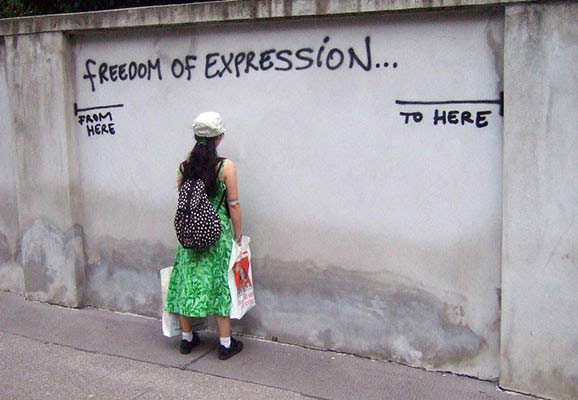The Right to Freedom of Expression
Restrictions on a Foundational Right
Global Trends in NGO Law, Volume 6, Issue 1 (April 2015)
The freedom of expression, universally acknowledged as both a fundamental and foundational human right, is not only the cornerstone of democracy, but indispensable to a thriving civil society. Indeed, the freedom of expression is considered the “foundational human right of the greatest importance.” It is protected by a multitude of regional and international treaties, charters, and frameworks.
Nonetheless, examples of states imposing restrictions on the right to freedom of expression in violation of international law have been growing in recent years. This issue of Global Trends will examine existing laws that appear to unlawfully restrict the freedom of expression. These laws fall into six categories, which include:
- Laws criminalizing national betrayal
- Laws preventing extremism and terrorism
- Laws regulating the media
- Laws governing information and communications technology (ICT), including the Internet
- Laws prohibiting defamation and libel
- Laws restricting specific categories of content
We also offer a series of illustrative examples for each category of laws, highlighting the ways in which freedom of expression has been legislatively narrowed in recent years. The issue concludes by highlighting some of the overall trends and lessons learned regarding the ways in which the law has been used to restrict freedom of expression around the world.
Sign up for our newsletters
Sign up
